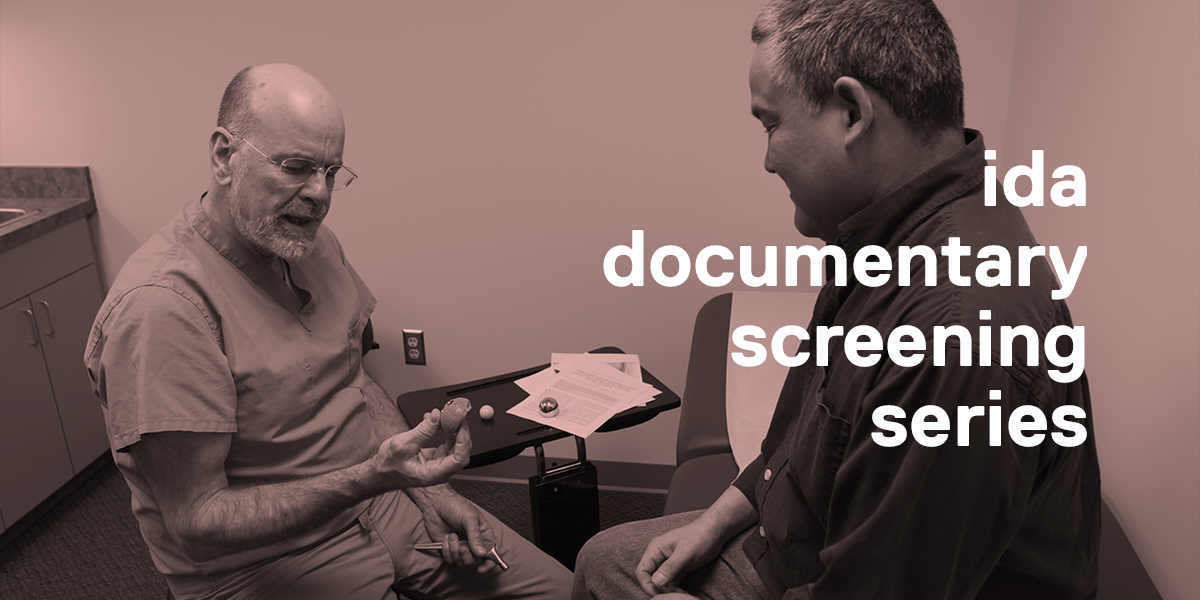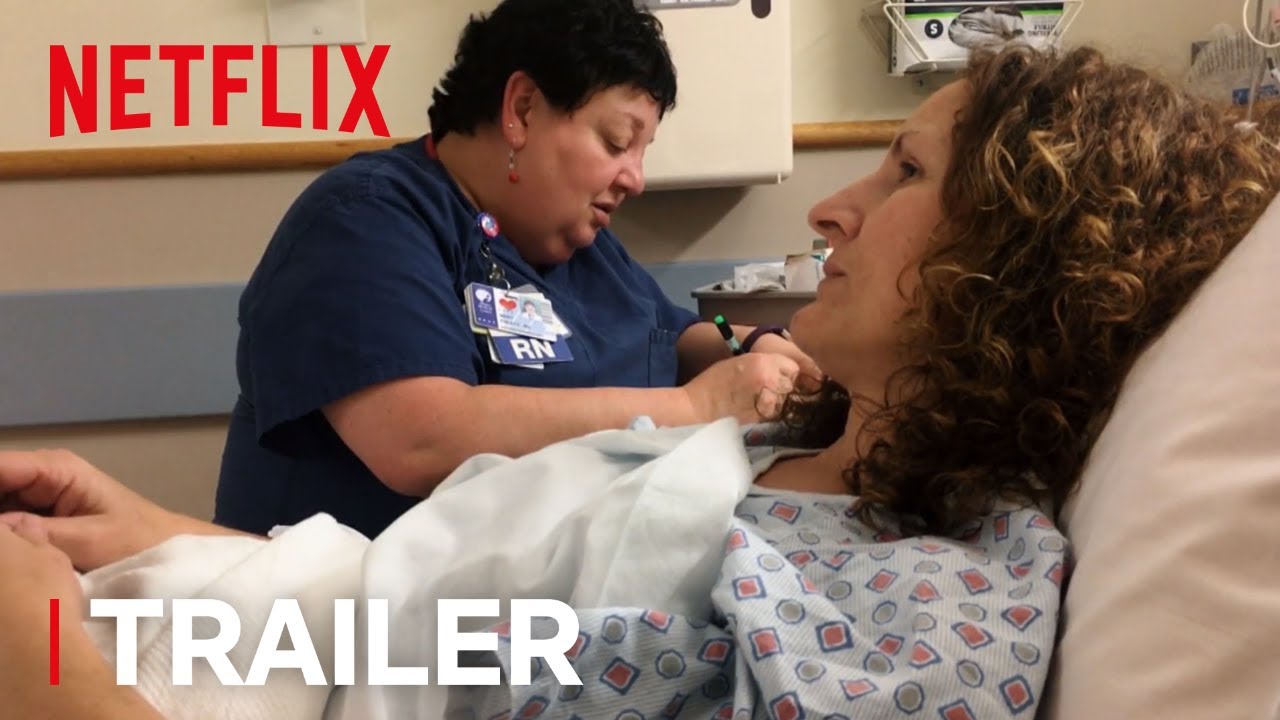

Insurance companies enlisted Psychologists to “Study” the motivations of people who are the victims of surgeons like this one. Medical Industry lobbyists made sure that these cases would be uncounted, under-counted, and the victims discredited. These Surgical Centers silence any complaints and usually have the benefit of silence on the part of local news media too. Stories like this show how much enforced silence and complicity there are. The other victims were left with long term chronic pain, and nerve damage, wishing they were dead. His patients that died were probably the lucky ones. Duntsch’s activity was exceptionally horrid. He was actually found guilty unlike many of these characters. There was a great article in D Magazine, about Dallas Neurosurgeon, DR. Worse still, it could risk the lives of the people we took an oath not to harm.Įrich Anderer, M.D., is a neurosurgeon in New York City. To do anything less would risk our credibility. To avoid the kind of dystopia foreshadowed by “The Bleeding Edge,” one in which people can no longer trust their doctors, physicians must act decisively when they identify the rare outlier in their midst. Most physicians - most people for that matter - know when something is amiss. Joseph’s Hospital in Lexington, Ky., which was performing cardiovascular procedures on Medicare patients who didn’t need them.īetter oversight won’t require hospital communities to resemble something out of “The Handmaid’s Tale,” in which people are looking to turn in others to the authorities for minor infractions.

It took cardiologists to blow the whistle on a cardiology group at St. Only another orthopedic surgeon would be expected to possess the contextual knowledge to question whether a colleague chose a specific hip implant based on the strength of scientific evidence, or simply because he or she has an inappropriate connection with its maker. They also need to step in when necessary. Our colleagues mentor us, collaborate with us, teach us, and learn from us. But it does show the danger of the cavalier use of investigational medical devices. It obscures the fact that complication rates are still quite low, and that they happen even with properly approved and vetted devices and drugs. “The Bleeding Edge” sensationalizes individual stories of complications from early-stage medical devices. I couldn’t help but think how many victims would have been spared had one of his medical colleagues acted on their intuition that what was occurring was not only clinically inappropriate but depraved and illegal.
Bleeding edge documentary trial#
Like the rest of the world, I watched in horror the trial of Larry Nassar, the team doctor for the USA Gymnastics national team and an osteopathic physician at Michigan State University, who was accused by more than 150 women and girls of sexually abusing them over the past two decades.

“He’s just old school,” I’ve heard people say, or, “I’m not sure that patient needs surgery, but her surgeon has good hands, so at least there won’t be a complication.” While I have not observed what could be characterized as a white wall of silence, I have occasionally been surprised at how the behavior of aggressive proceduralists, who push the bounds of clinical necessity, has been excused. Medicine, much like the military and law enforcement, is still a hierarchical field in which many feel intimidated to speak up. A surgeon with a very high complication rate, for example, can be either a careless technician or a very good one who treats patients with complex conditions.ĭeep down, I believe we need a change of culture to avoid overuse of procedures or misuse of drugs and devices. That said, it is hard for patients or prospective patients to come by data on medical devices and implants, and even harder to interpret them. Patients who learn more about their conditions or treatments or recoveries, even via Google, are likely to avoid risky procedures and have better outcomes than those who don’t. Providing patients with better education is part of the solution. Watching “The Bleeding Edge” made me ask myself: What should we do about surgeons who perform operations that may not be necessary or who use medical devices motivated by inappropriate relationships with their makers? While that may not apply to the physicians in the film - most of whom seemed well-meaning - this practice goes hand in hand with the more unscrupulous tactics of the medical device industry. Exclusive analysis of biotech, pharma, and the life sciences Learn More


 0 kommentar(er)
0 kommentar(er)
